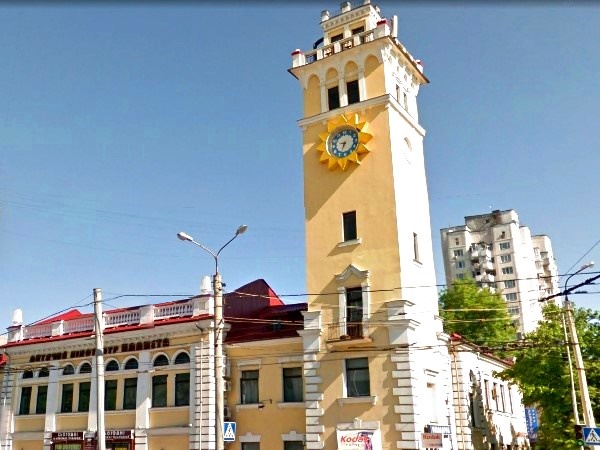

The Transparent Cities program implemented by the USAID/SACCI program held an open lecture “Changing the City: How the Community Can Influence City Councils” and the presentation of the Transparent Cities program as part of the project “TI Ukraine: Supporting Anti-Corruption Champion Institutions.” Our goal was to increase the audience of potential activists to be engaged in the development of transparency of their cities and willing to participate in the decision-making process.
On 21 February in Khmelnytskyi, local activists and representatives of the Transparent Cities program discussed the tools of influence available to the activists on the decision-making process in the city as well as their possible actions to make the city council pay attention to them.
As a result of the open lecture, we have encouraged 15 citizens – activists, city council representatives, students and others – to participate in the city life. In particular, we have focused on communication accomplishments both for city councils and activists – how to do it right what why it is important. Besides, we have presented the Transparent Cities program activities and further explained how the program can be useful for city councils.
The program assistant of Transparent Cities Anatolii Kotov said, “We are already planning the next meeting in Khmelnytskyi, since we see the significant capability for development and taking proactive position by the community. Within a few months, we are planning to create a board game designed to help people to take an active part in the decision-making process and ensure authority transparency in different sectors, applying various tools of public accountability.”
Alina Kobenko, communications manager of Transparency International Ukraine, said that the biggest benefit of representative democracy is that citizens’ voices are reflected in what the authorities say. “As a community, you choose those who will represent you in the authorities. The modern communication technologies let us express our opinions in the simplest way ever: we can call or send e-mails to the representatives directly, leave some comments on our own or their Facebook pages, collect signatures, submit petitions on the Internet and do many other things. You can decide how to improve the city and communications constitute a basis for that.”
The activists are more than sure that communication is a bilateral process and just like the authorities should listen to their community, it is of great importance for citizens to observe the results of authority work especially when talking about the local level, the field where they are ready to take action.









